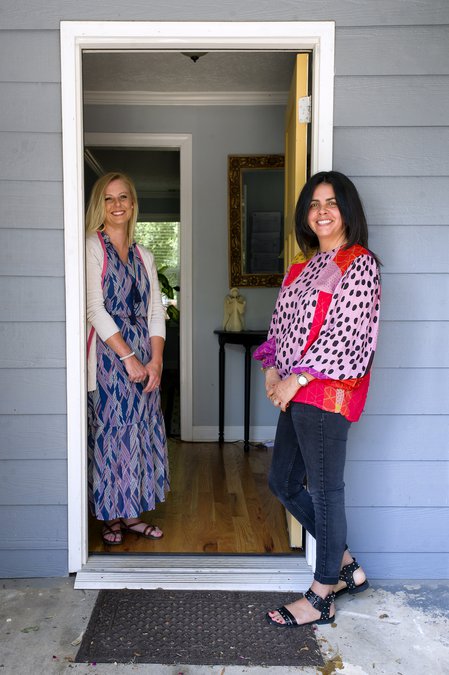The past few years have let Brooke Boyette turn her life around.
Angel House is adding this new service to help women free themselves from addiction

